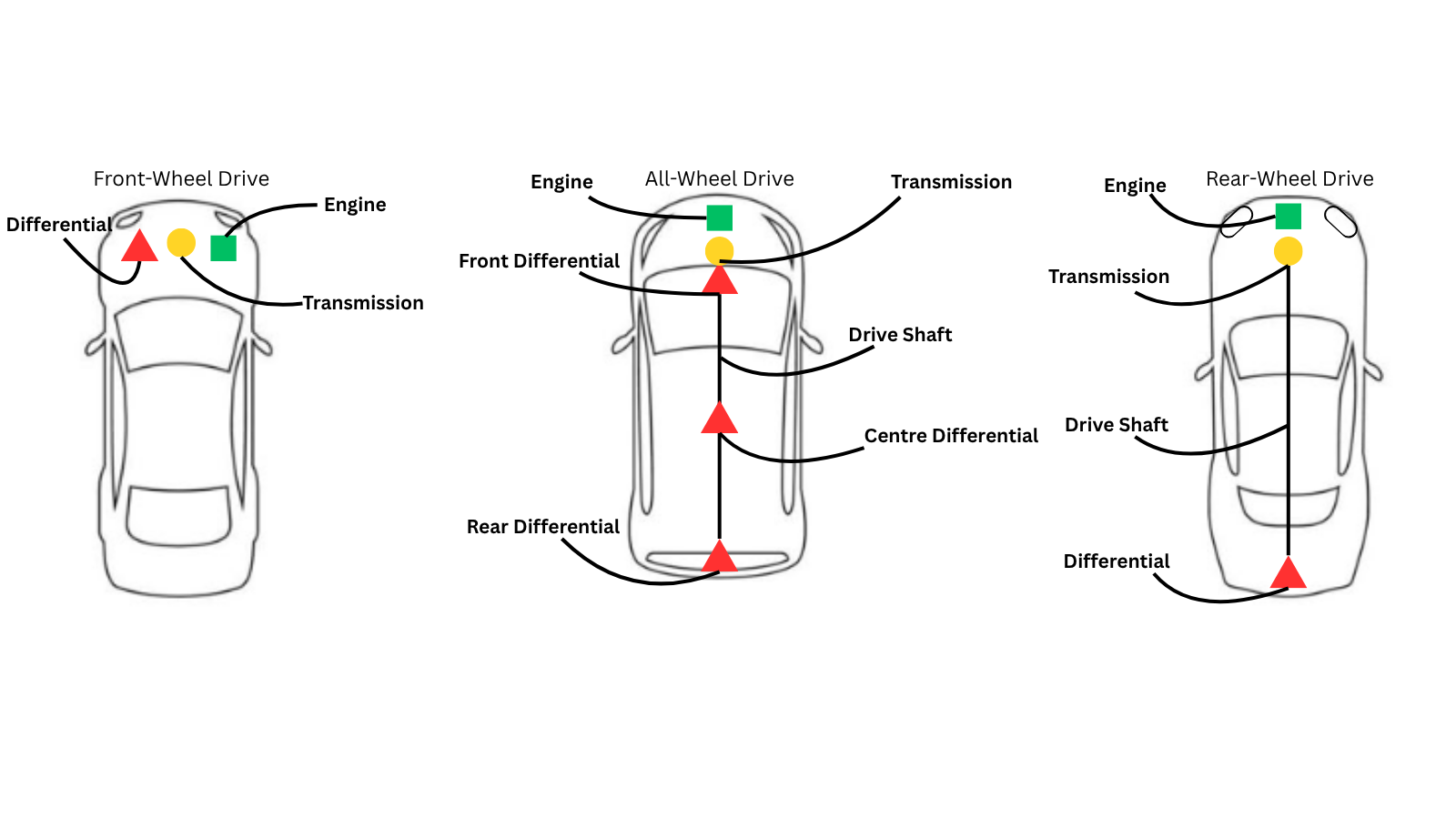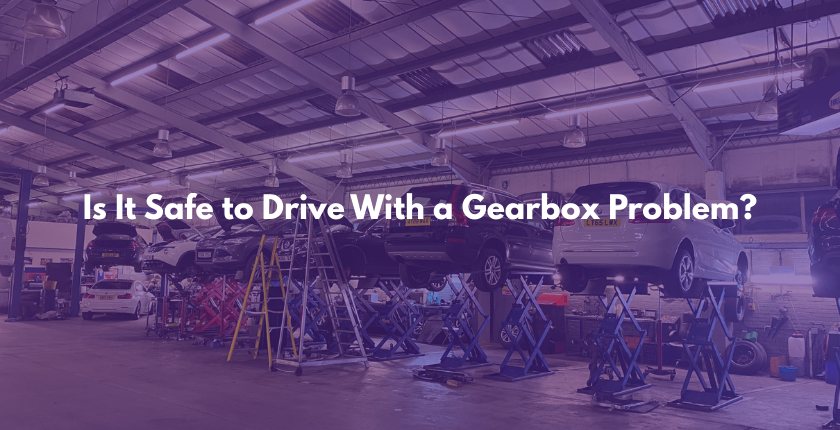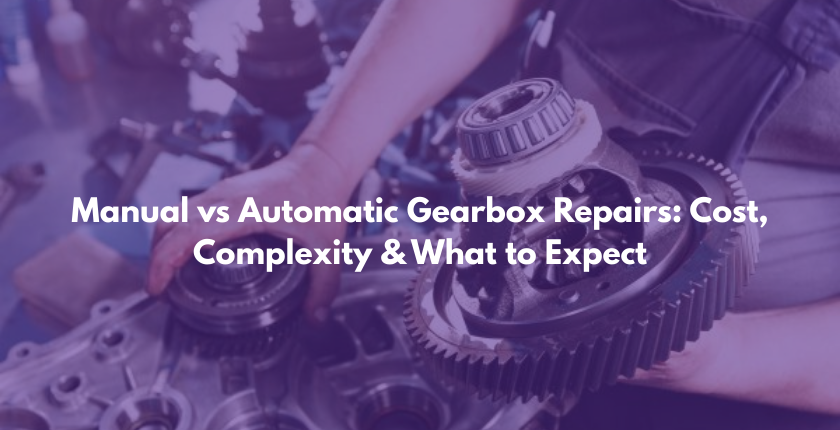DIFFERENTIALS: WHAT YOU NEED TO KNOW.

WHAT IS A DIFFERENTIAL?
A differential is a mechanism that takes in energy on its input side (the engine) and then splits that energy between two output sides. This is particularly useful in automotive applications because it converts the rotational force of an engine into the torque that drives the wheels. They are built into every fuel-burning vehicle.
The car differential has three jobs:
- To transmit the power to the wheels while allowing them to rotate at different speeds
- To act as the final gear reduction in the vehicle, slowing the rotational speed of the transmission one final time before it hits the wheels
- To aim the engine power at the wheels
WHY DOES MY CAR NEED A DIFFERENTIAL?
Car wheels spin at different speeds, especially when they're turning. The wheels that travel a shorter distance travel have a lower speed.
For the non-lead wheels on your car (the front wheels on a rear-wheel drive car and the back wheels on a front-wheel drive car), this is not an issue. There is no connection between them, so they spin independently. But the lead wheels are linked together so that a single engine and transmission can turn both wheels. If your car did not have a differential, it would make turning difficult and hard on your car.
For the car to be able to turn, one tire would have to slip. That would have an affect on the axle from one wheel to another, as it would add heavy strains to the axle. Like some other car parts, differentials need lubricating fluid to work. This oil should be regularly checked and if needed, replaced during maintenance servicing.
TYPES OF DIFFERENTIAL SETUPS.
The 3 Different types of drive each have an individual differential setup.
- Front-Wheel Drive(FWD):
These cars have their differential, engine and transmission all together under the bonnet of the car, in the front.
- Rear-Wheel Drive(RWD):
These cars have a drive shaft, with a differential at the rear of the car, while transmission and engine remain towards the front of the car.
- All-Wheel Drive(AWD):
These vehicles require a differential between each set of wheels, as the front wheels travel a different distance through a turn than the back wheels.
The engine and transmission remain at the front of the vehicle, with the front differential between the front wheels. The drive shaft in this vehicle also has a centre differential, which is often referred to as a transfer case. Finally a rear differential as well, between the back wheels.

FAQs
What does a differential do?
A differential helps your car wheels during a turn, as both sets of wheels have to turn at different speeds. A differential splits the power from the engine and controls the speed of your wheels, which makes turning a lot less hard on your vehicle.
Why does my car have a differential?
They reduce any damage that could happen to your axle from the force generated in a turn. This is important because if your car didn't have a differential, the prolonged exposure to such heavy force would cause your axle to potentially snap, and damage to your tyres.
How much does a differential repair cost?
They can range from £200/£400 for minor repairs to £2,000 or more for full replacements. It depends heavily on the make, model and the extent of damage to the car. We recommend contacting us for damage assessments and a quote for any work needed.
What happens when your differential goes bad?
A malfunctioning differential can cause the wheels to rotate at the same speed, this causes poor handling, tyre damage, and difficulty turning. A failing differential may make strange noises, such as grinding or whining, and can cause vibrations during driving.
Can you drive a car with a bad differential?
Driving with a bad differential is a major safety risk, as it can lead to the vehicle seizing up, or a sudden loss of control. Driving at all with a bad differential will worsen the vehicles condition and likely result in an accident, or end up leaving you stranded.
Call A1 Premier Transmissions today at 01767 669575 or book online for expert automatic transmission repair anywhere in the UK.




